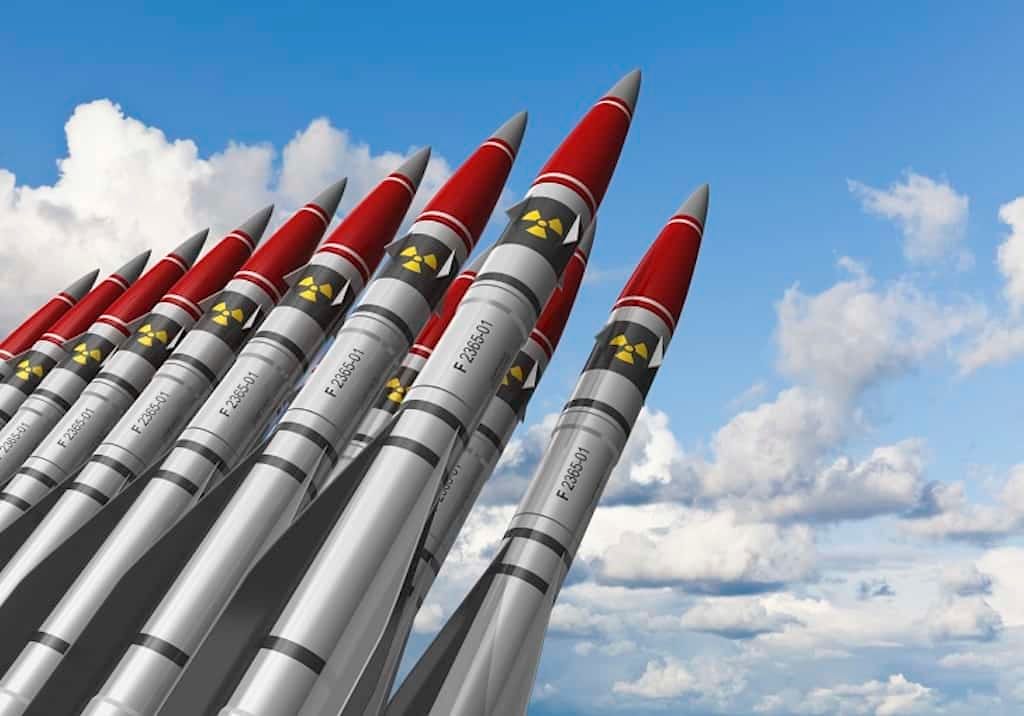The Geopolitics of Nuclear Weapons
If the US’s Asian allies question the credibility of its guarantee, the risk of nuclear proliferation in the region will grow.
by George Friedman, Xander Snyder, and Cheyenne Ligon
April 18, 2017
Nuclear bombs have a strange quality: They are a type of weapon that countries spend enormous sums of money to develop but don’t actually intend to use. While chemical weapons have been frequently used in war, no country has detonated a nuclear bomb since the end of World War II.
Nuclear weapons are in their own category. Their efficacy comes from their ability to deter aggression, as the potential for massive devastation forces countries to rethink moves that threaten an adversary’s essential national security interests. States, therefore, are unlikely to use nuclear weapons against one another. However, the risk of a nuclear attack would increase if they were to fall into the hands of non-state actors that follow a different set of calculations that don’t necessarily take into account the defense of a predefined territory.
Nine countries currently have nuclear weapons with an assortment of delivery systems. The followi…



